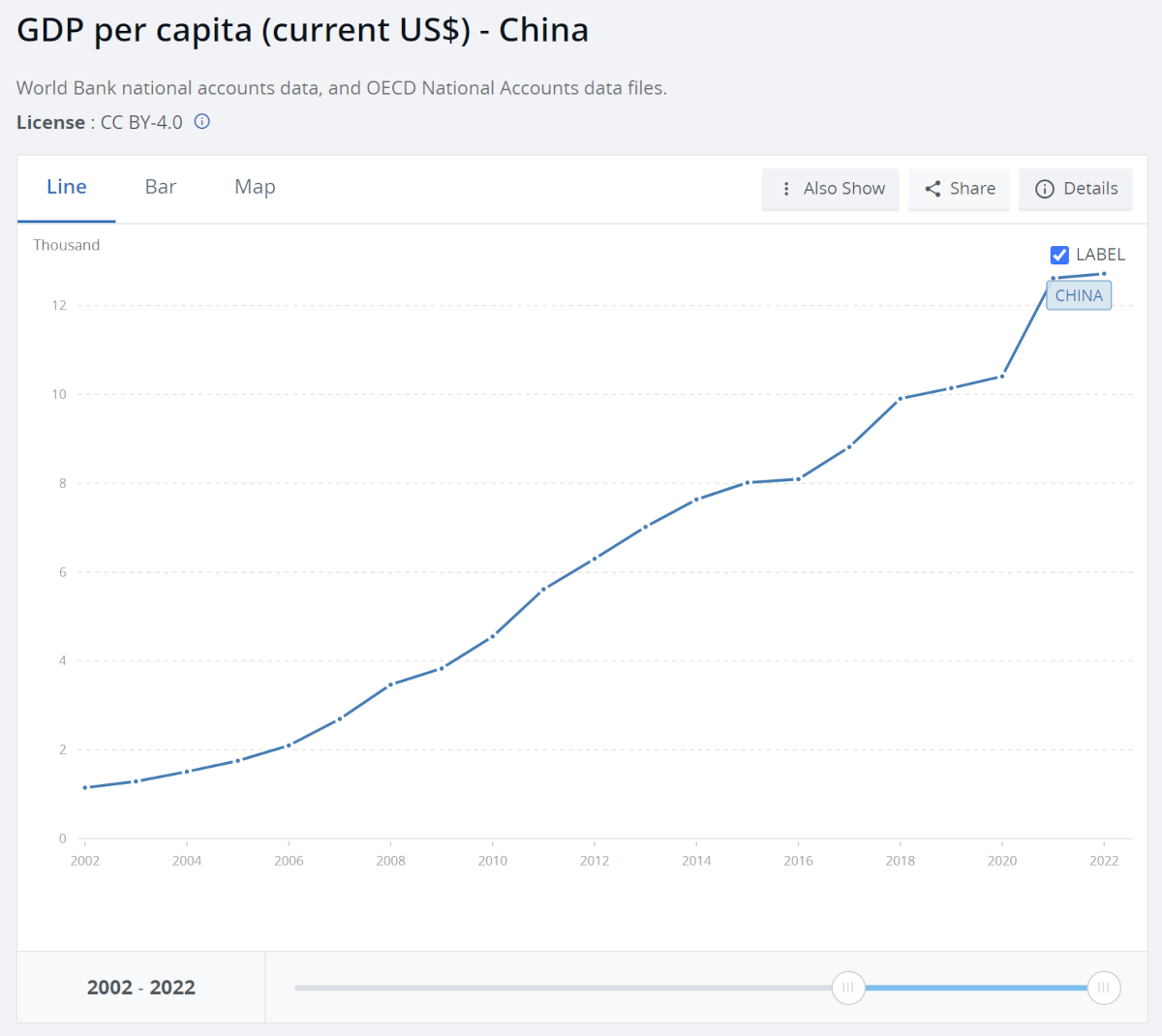Even unelected politicians crave legitimacy
On a talent search among 691 million women, friend-shoring, and why we should watch China's GDP at least as attentively as our own
The regime governing China is so far removed from democratic legitimacy that in a country with 691 million women -- more than twice as many females as the United States has people -- it refuses to place even one woman in any of the two dozen seats of its Politburo. A government can be representative without being fully democratic, but China's government is neither.
■ Yet even though the Communist Party directly controls the army -- it is a "party army", rather than one independently loyal to the state -- it still has to show some concern for public perceptions of its legitimacy. A mostly unarmed population might have to struggle to overthrow an armed political party, but there are lots of non-lethal ways people can bring down a government that loses their faith altogether.
■ With a rare summit happening in California between Xi Jinping and Joe Biden, CNN's Jim Sciutto observes, "The CCP's and Xi's legitimacy rests on the now crumbling promise they will deliver prosperity in exchange for unbridled power and popular submission to their authority. Xi's 'Chinese Dream' is looking emptier and emptier."
■ Xi has driven China away from the political reforms that might start to confer electoral legitimacy, so that road is closed for the foreseeable future. And 4% to 5% annual GDP growth would feel like a boom if it could be sustained in America, but it's much slower than China's regime has been counting upon for decades.
■ For the 6.7 billion residents of Planet Earth who are not made subject to the rule of the Communist Party of China, it's good to be alert to the turmoil likely to come soon. There's no obvious way to reverse some of the structural problems ahead: The disruptions of the Covid-19 pandemic made friend-shoring a (nearly) household word, and the many other hazards of economic entanglement with a country ruled by authoritarianism have made at least some economic decoupling permanent. (No meeting is worth risking an arbitrary detainment or a sudden disappearance.)
■ And if that decoupling means China's economy is up against some hard limits to further growth, there's not a lot else the Communist Party is prepared to offer as an incentive to keep the public from growing restless. If the potential rewards run low, then the risk of the party using force (both brute force and intimidation) grows high. And that simply cannot be sustained indefinitely.



